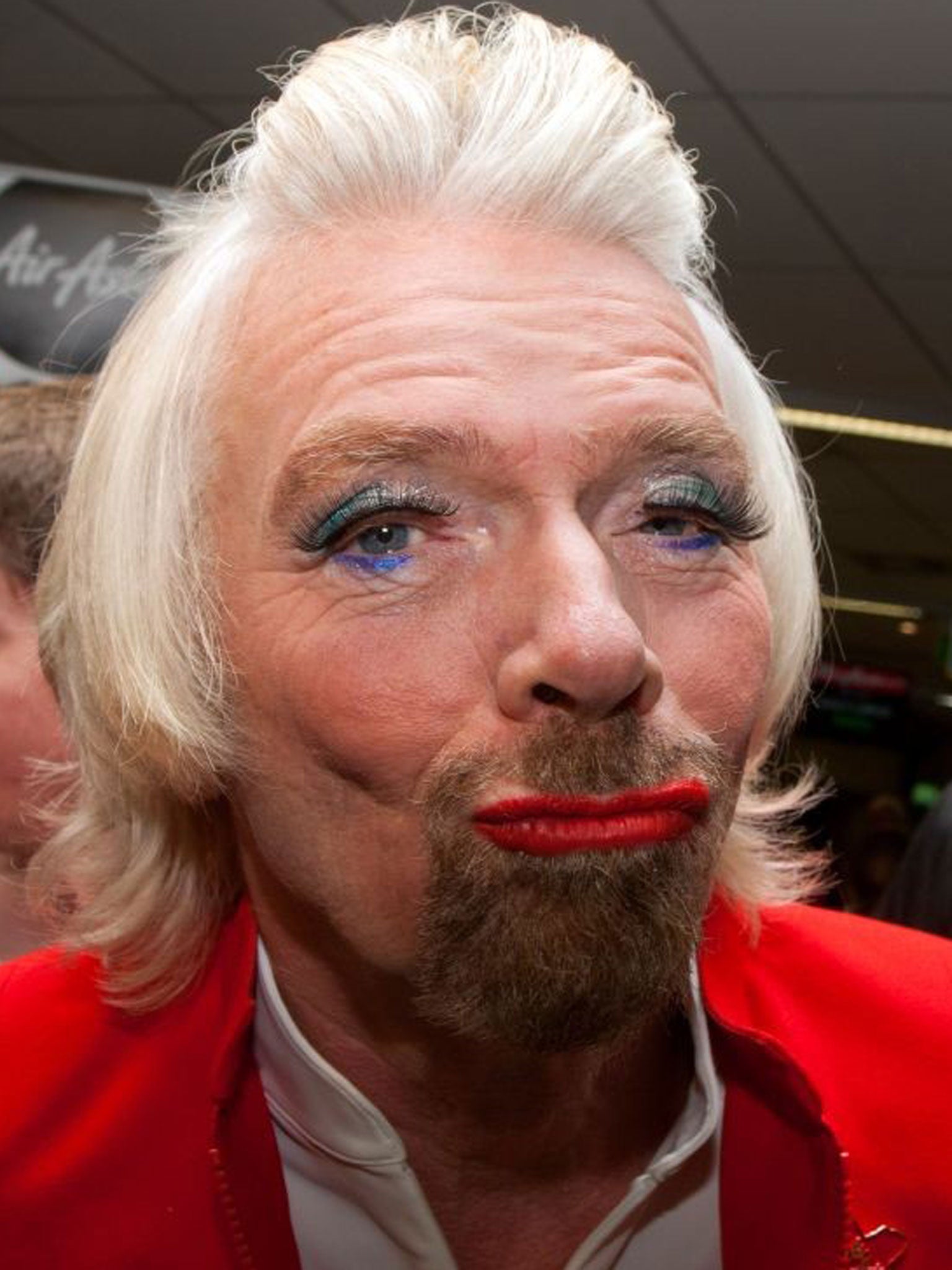
This reduced his financial risk for the business.Īdopting a “David versus Goliath” approach in business, Branson always chooses consumer industries where he can challenge incumbents by providing better customer service, greater value and more fun. In the case of Virgin Atlantic, for instance, he negotiated with Boeing to lease the fledgling airline’s first plane for 12 months first rather than purchase the aircraft outright. While risk taking is part and parcel of entrepreneurship, Branson also advised readers to protect their downside. After all, he did venture into opening Virgin Atlantic (an airline) after his initial forays into music.

EntrepreneurshipĪs a serial entrepreneur, Branson is well known for starting myriad businesses in seemingly unrelated fields.

Let me now highlight some of its key themes. Warm and whimsical, Branson’s book is broken up into many bite-sized nuggets of business and managerial wisdom, gleaned through his years of successful serial entrepreneurship. Well, the answers to this (and more) can partly be found in Like a Virgin: Secrets They Won’t Teach You at Management School. What then are the secrets behind his unparalleled success? In fact, Branson dropped out of school at the tender age of 16 to start his own magazine business.

Moreover, his unconventional yet highly admirable methods of starting, running and investing in businesses weren’t learned from universities. Unlike other billionaire bosses, however, Branson is unabashed about pulling outrageous publicity stunts. The highly diversified conglomerate includes businesses in travel, banking, music, mobile services, Internet, film, video games, and most recently space tourism. With an estimated net worth of US$4.6 billion, Branson is financially successful beyond anybody’s wildest dreams.īranson’s Virgin Group of 400 companies hires some 50,000 employees around the world, generating over £15 billion in revenue last year.
Everybody knows Sir Richard Branson, founder of the Virgin Group.


 0 kommentar(er)
0 kommentar(er)
